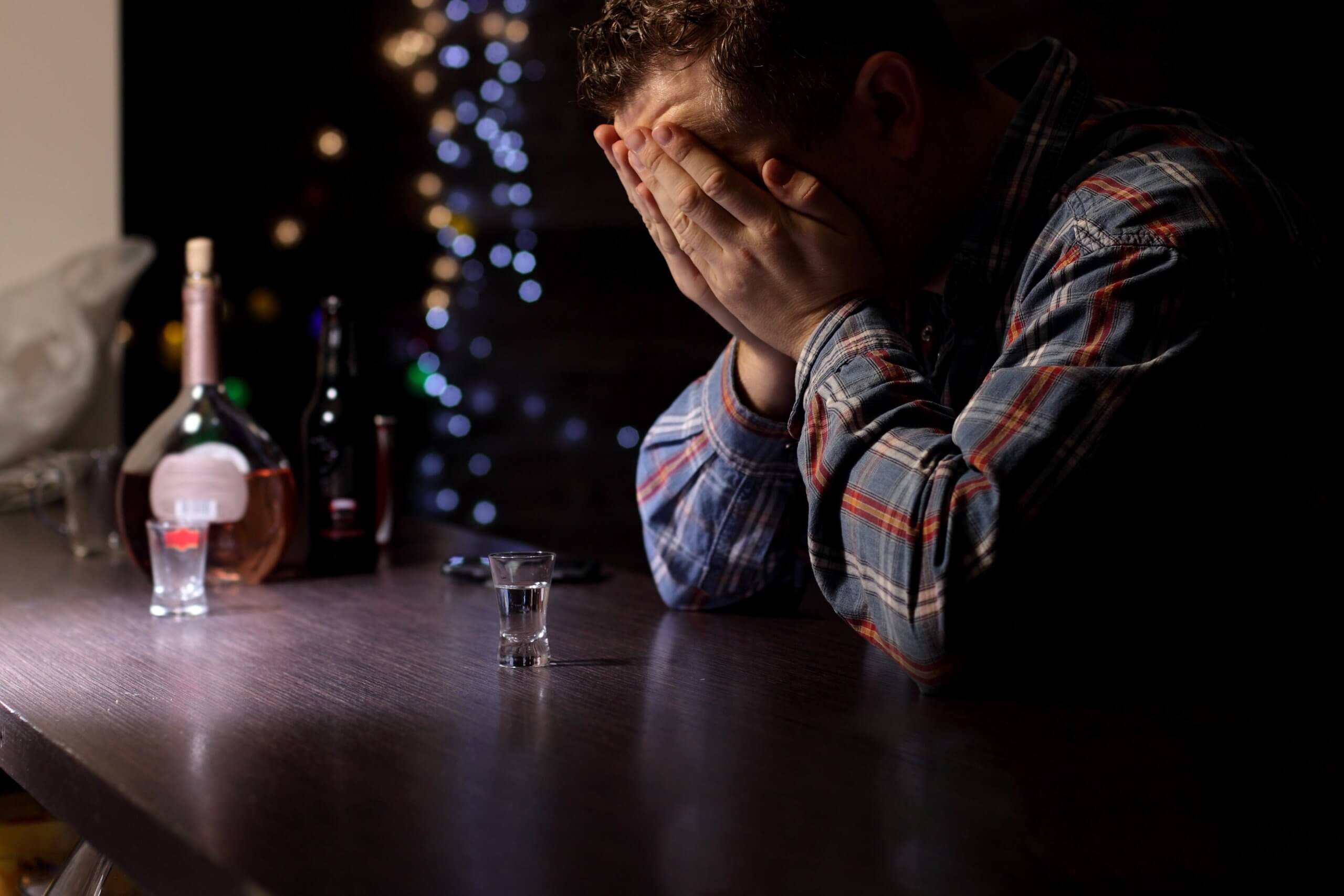During your recovery from drug or alcohol addiction, you must be aware of your relapse triggers to maintain your sobriety. Life changes and stressful events can leave you vulnerable to a relapse, especially during early recovery. However, in some cases, celebrations and holidays can also be a relapse trigger. Maintaining sobriety over the holidays can be a significant challenge for those in addiction recovery.
What Is a Relapse?
A relapse is a return of symptoms when in recovery from any chronic disease, like alcohol and substance use disorders. Many chronic diseases have a risk of relapse because you are in treatment and never really “cured.” According to the National Institute on Drug Abuse (NIDA), “Treatment of chronic diseases involves changing deeply [embedded] behaviors.”
With addiction, relapse is usually defined as a return to using drugs or drinking alcohol again. However, you might also relapse with a replacement addiction, such as gambling or sex addiction. Overall, when you relapse in addiction recovery, you don’t always go back to using or drinking, but you stop dealing with the underlying causes of your addiction and go back to unhealthy behavioral patterns.
Relapse can be prevented by continuing treatment for underlying mental health issues, participating in support groups, and fostering healthy relationships with your loved ones. You also need to consider your relapse triggers, which could cause a momentary lapse in judgment that leads you back to substance abuse. The holidays can present you with a complex set of triggers all at once, which can be overwhelming for many.
Why Is It More Difficult to Stay Sober Over the Holidays?
You might struggle to maintain your sobriety over the holidays more than almost any time of the year. The holiday season can be stressful for everyone, whether or not they are in recovery.
While the holidays are meant to be a time of celebration, many people find the holidays overwhelming and mentally draining. If you are in recovery — especially the early parts of substance abuse treatment — you might feel particularly vulnerable and stressed during the holidays.
What Are Common Holiday Triggers?
Many people in recovery experience similar triggers during the holidays. Some of the most common holiday triggers include:
- Setting high expectations for yourself:
The holidays can cause many people to stress about the gifts they give to others, their ability to host gatherings, the need to discuss what they are doing with their lives, and presenting a positive outward appearance to others. You might have financial issues that get in the way of contributing to a holiday gathering or giving the gifts that you want. When you feel like you can’t reach your own standards, you might feel shame or guilt, which can be emotional triggers of relapse.
- Disruption to your routine:
Any disruption to your daily routine can be stressful. You might be doing well with maintaining healthy habits, like daily exercise and attending recovery meetings. The holidays can disrupt your routine due to travel or hosting guests for dinners.
- Family issues:
You might need to visit family members that you don’t get along with or who trigger stressful feelings and anxiety. Not every family is perfect, and you might have some strained relationships, especially if your addiction has been challenging for your family. In addition, you might feel triggered by returning home if you experienced trauma growing up.
- Celebrations and positive feelings:
Not all triggers are due to negative emotions, and many people use substances to enhance positive feelings during celebrations. During a holiday party, you might be reunited with friends and loved ones, which can make you feel happy, safe, and secure. When surrounded by positivity, you might feel tempted to drink or use again to ride out these feelings, especially if you haven’t felt good about yourself in a while.
Tips to Maintain Sobriety During the Holidays
It is best to be prepared for the holiday season to manage these relapse triggers. You can use some of the following to prevent being triggered or to manage your triggers in the moment they occur:
- Attend a support group meeting, even if you are out of town.
- Come up with a reason that you aren’t drinking or using if you feel pressured, like:
- “I have to drive a lot today.”
- “I need to go back to work tomorrow.”
- You can be honest about your sobriety and recovery if you are comfortable.
- Create a plan to leave if you feel too overwhelmed:
- You could talk about needing to go home to take care of your pets or that you have an early start tomorrow.
- You can say that you have another obligation to attend (even if that means you just want to get out of there to go home).
- Bring a friend who can help you stay accountable for your sobriety.
Maintaining Sobriety in Denver, CO
The holiday season can be incredibly challenging for those in recovery from drugs and alcohol. You might feel triggered to drink or use again due to stressors of the holiday, like traveling and family issues. Additionally, celebrations can trigger you to use or drink to enhance the positivity of the holiday season. Continuum Recovery Center of Colorado is here to help those struggling with maintaining sobriety over the holidays. Call us today or visit our admissions page to learn more.



